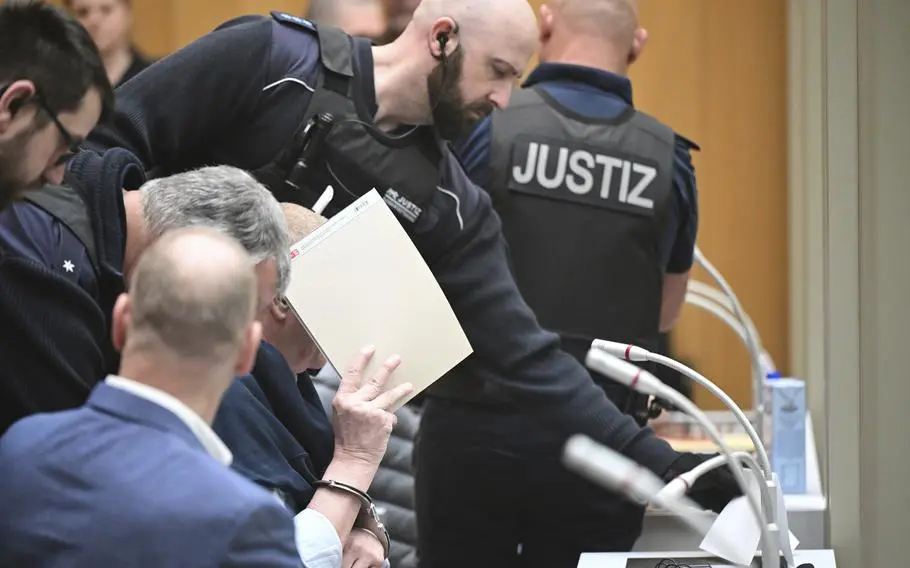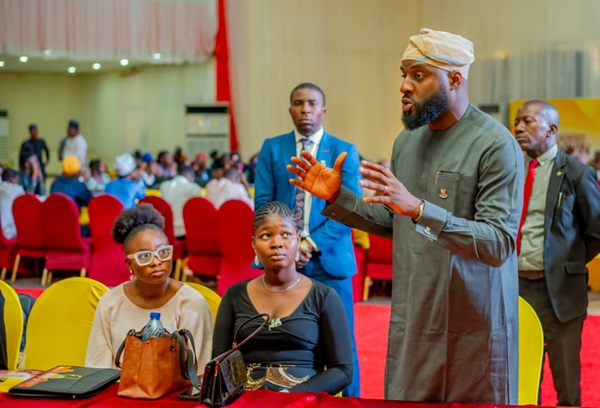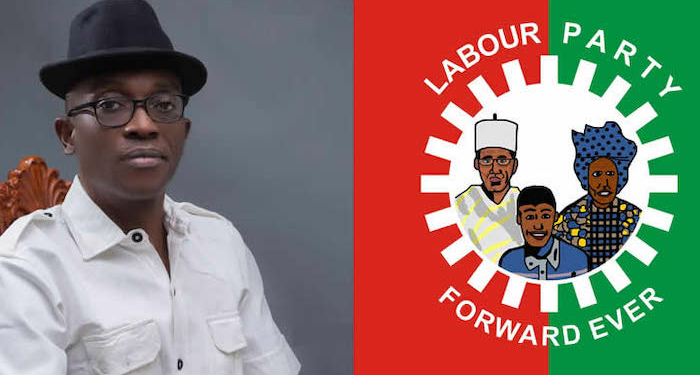The trial against members of an alleged far-right plot to attack the German parliament and overthrow the government has commenced in Stuttgart. Led by minor aristocrat Prince Heinrich XIII Reuss, the group faces accusations of preparing a "treasonous undertaking" to topple the government.
The nine accused, including a special forces soldier, a former far-right MP, an astrologer, and a chef, are part of the most high-profile recent case of far-right violence in Germany. The trial's complexity has seen proceedings split across three courts.
Prosecutors claim the group was influenced by conspiracy theories from the QAnon movement and the German Reichsbuerger scene, which rejects the legitimacy of the modern German republic. Interior Minister Nancy Faeser condemned the Reichsbuerger movement, describing it as driven by "hatred of our democracy."
The accused believed Germany was controlled by a "deep state" and could be liberated with the help of a secret international network, known as the "alliance." They allegedly planned to establish "territorial defence companies" as part of their coup strategy.
Among the defendants, Alexander Q. is accused of acting as the group's propagandist, spreading conspiracy theories. Markus L. and Ralf S. face additional charges of weapons offenses, with Markus L. also accused of attempted murder for allegedly injuring two police officers during a raid.
The trial in Stuttgart is part of a three-part affair involving 26 people split across three courts. Reuss will stand trial in Frankfurt from May 21, alongside another ringleader and a former MP for the far-right Alternative for Germany (AfD) party.
Believers in Reichsbuerger-type conspiracies have become increasingly radicalized, with some planning violent actions. The trial in Stuttgart is expected to continue until early 2025.




